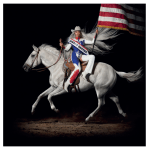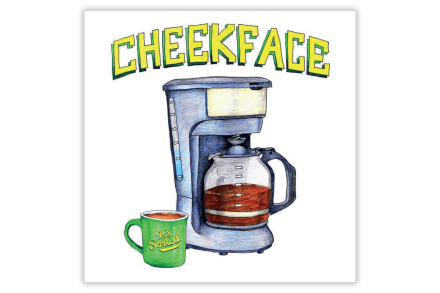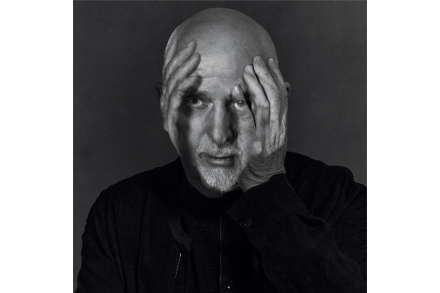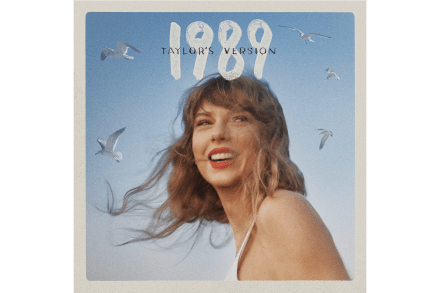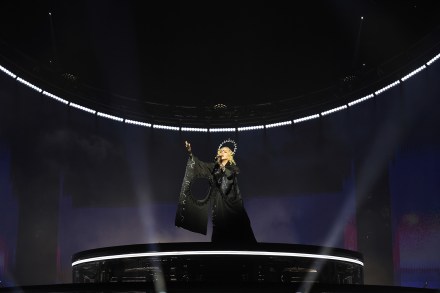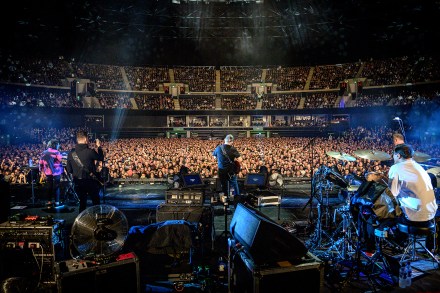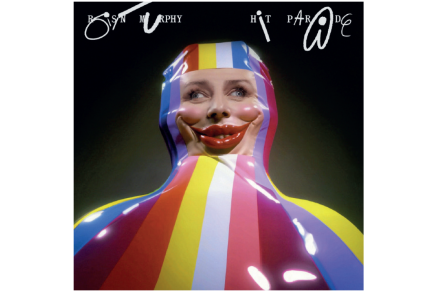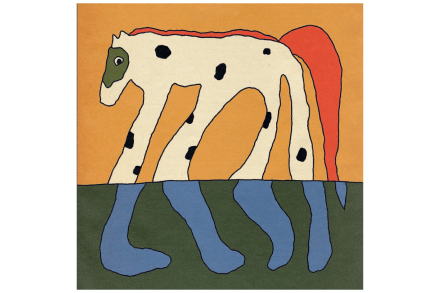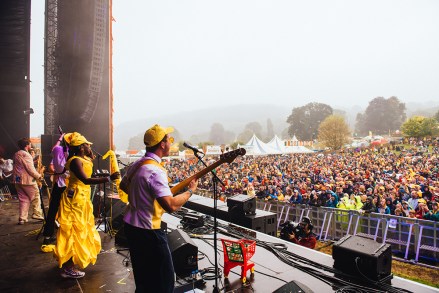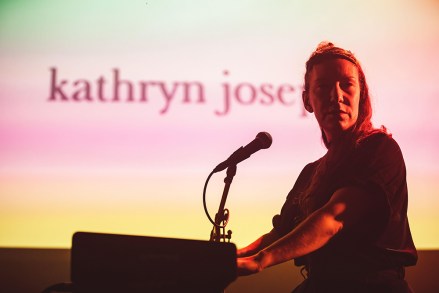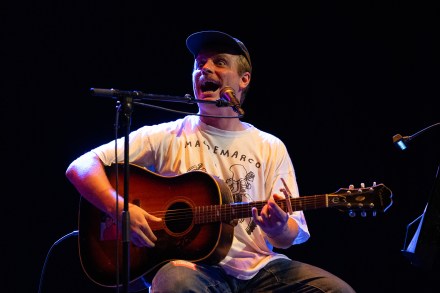Why garage punk is plainly the apogee of human achievement
How is it that a group that sounds like the Hives are selling out the Apollo? In a world configured according to expectation, the highlight of their year would be an appearance at the Rebellion punk festival in Blackpool, probably high up the bill on the second stage. They’d headline their own shows at places like the Dome in Tufnell Park to an audience made up of three-quarters old blokes and a quarter skinny young kids, suited and booted like it’s 1966 and Antonioni’s about to shout ‘Action!’. Afterwards, a DJ would play the Sonics and the Electric Prunes and the Chocolate Watchband. Garage punk tends to be of niche






